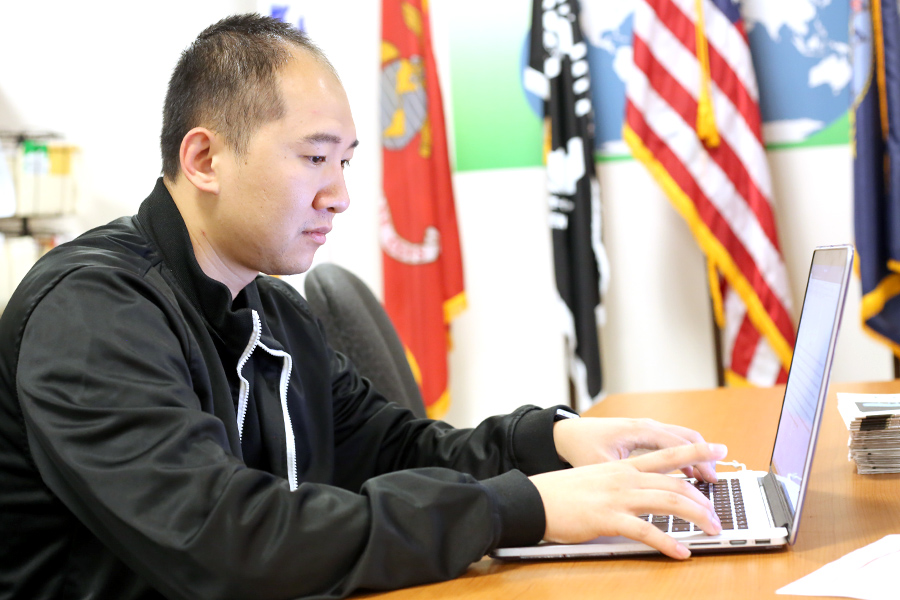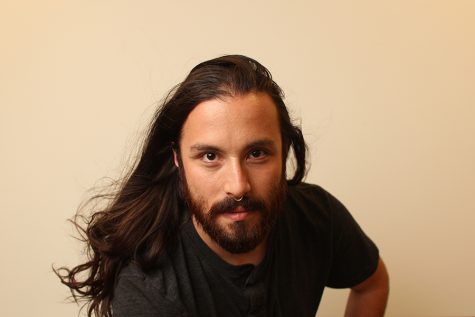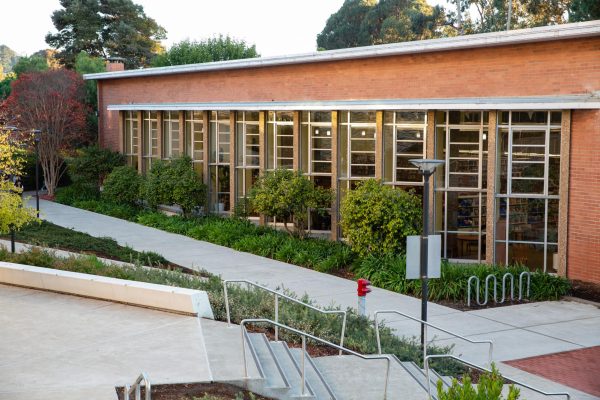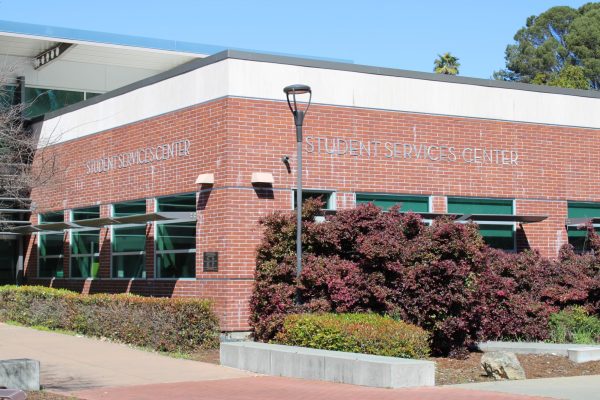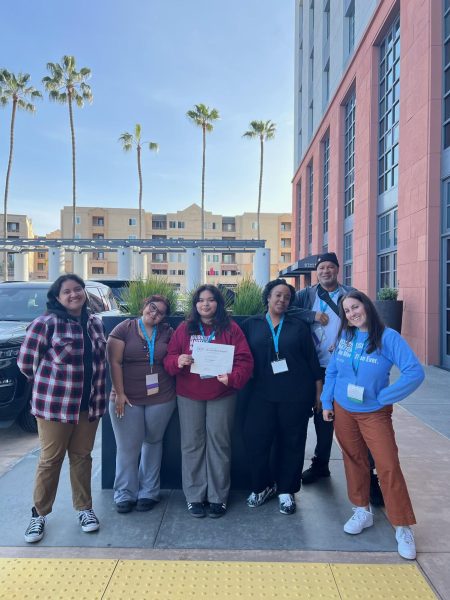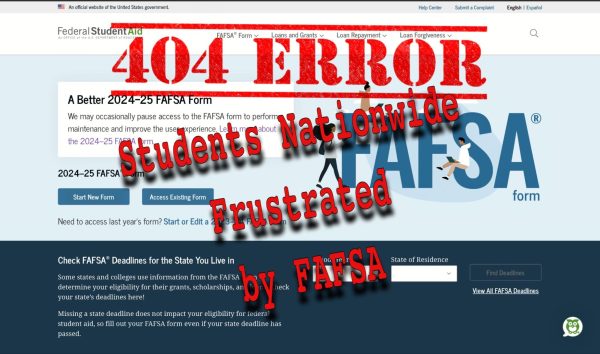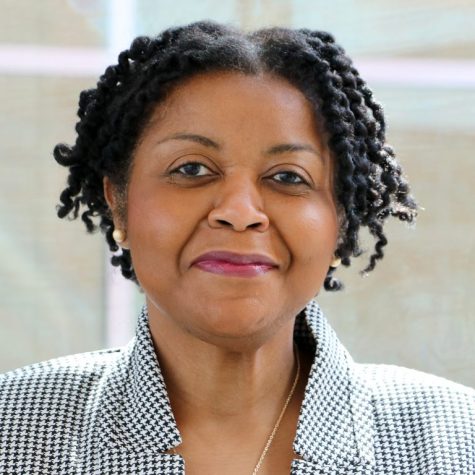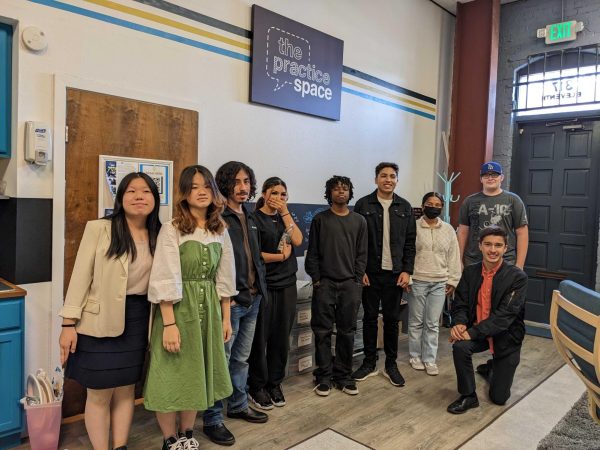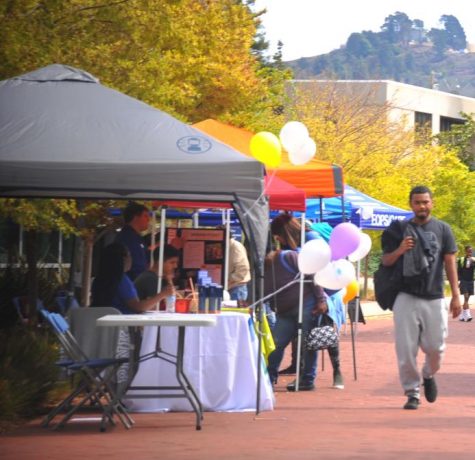Minimum standard of veterans’ services set with college centers
Navy Veteran and computer science major Gordon Su writes a per on his laptop in the Veterans Resources Center in SA-101 on Monday.
May 17, 2017
California has approximately 1.8 million veterans who live in the state and more than 90 percent of veterans will enroll in the California Community College system according to Section 1 of California Community Colleges: Veterans Resource Center Senate Bill (SB 694).
SB 694 was passed on May 1 and is scheduled for a hearing on May 15.
It will task the California Community College Chancellor’s Office with ensuring that each of the 113 campuses throughout the state provide a dedicated on-campus Veteran Resource Center.
According to Section 1 of SB 694, student-veterans face unique challenges along their educational paths when dealing with physical and emotional disabilities during their transition back to civilian life.
“Veterans feel out of place coming to class. We’re not around people we would be around and veterans coming out of the military have to change their whole attitude,” Army veteran and CCC Vet Club President Steven Talaga said.
The bill, SB 694, sets baseline requirements for the centers laid out in Article 3 stating that all centers must be open 25 hours a week, be staffed by veterans when possible and be minimally 400 square feet. The centers must also provide enrolled veterans with academic and peer support counseling, financial aid assistance, access to computers with printing and copying capabilities and provide access to the Veterans Affairs (VA) certifying official for veterans.
The official serves as a liaison between student veterans and the veteran affairs branch office.
Talaga said that he struggled with the transition from the military to student life dealing with disruptive students and that the CCC Veteran Resource Center has provided a place of refuge from common stressors.
“The centers provide us a space away from noisy environments and other distractions. We can come here and improve our grades,” he said.
Marine Corps veteran and VRC volunteer Dedan Ji Jaga said, “For me, talking to veterans on campus and off campus here in the VRC, there is that sense of camaraderie and comfort that is felt.”
ASU President Safi Ward-Davis said she supports having the requirement of being staffed by veterans. She said her father served in the military and while she can relate to veterans it’s only on a surface level.
“When you have a veteran who has experienced combat and is struggling with PTSD, if they have an episode, they need to be around other veterans they can talk to,” Ward-Davis said.
Ji Jaga said that organizations like the VFW and Disabled American Legion of U.S. Veterans play pivotal roles in helping veterans, but lack a message that resonates with younger vets. He said those organizations might continue to thrive, but will be unable to help the waves of veterans coming out in need.
Ji Jaga said the dialogue needs to continue and there needs to be a more inclusive environment across all the influences here on campus.
“Having a network of Veteran Resource Centers at all the community colleges throughout the state will change that influence,” Ji Jaga said.


